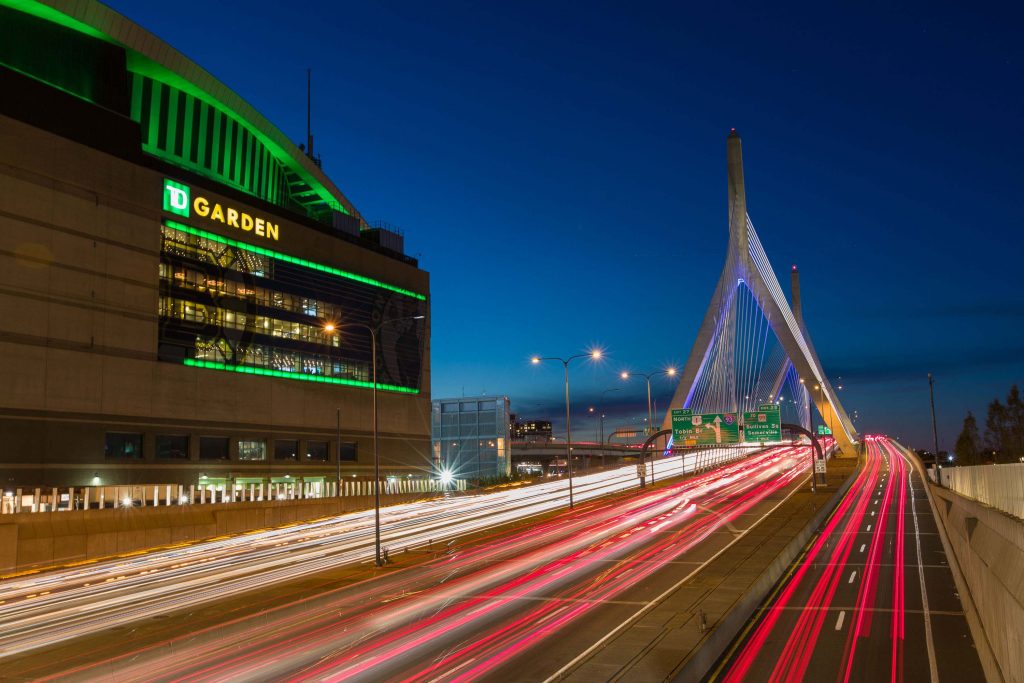Sports events are a great way for fans to unwind and enjoy their favorite team performing at the highest level. However, this comes with a not-so-subtle downside of creating traffic and leading to poor driving.
There is a direct link between sporting events and deadly car crashes. On the day of the 2011 Super Bowl (XLV), Pennsylvania saw a 148.78% increase in fatal crashes as the Steelers lost to the Packers.
With so many people flocking to a single area, the number of cars will explode, leading to a massive slowdown in travel times. This also means that there is a huge likelihood of accidents due to the sheer number of vehicles.
Sports games also tend to include alcohol, which never mixes well with driving. Throw in some road rage due to your team losing and you have a quick recipe for disaster.
While sports are meant to be good entertainment, an unfortunate reality is that traffic and car accidents do happen as a result. We’ll explain more about problematic driving stemming from sports games below.
Aug 17, 2019; Honolulu, HI, USA; Traffic alert sign in the H1 freeway prior to the NFL game between the Dallas Cowboys and the Los Angeles Rams at Aloha Stadium. Mandatory Credit: Kirby Lee-USA TODAY Sports
Congestion is Inevitable
To start, there’s no question that sports events will inevitably cause traffic congestion.
The reason for this is very logical. Simply having a greater number of vehicles directly translates to a backup of traffic.
This is particularly the case in cities with sports stadiums. Cities control traffic via traffic lights, but they stay green for a specific direction for a limited amount of time.
This means that only a given amount of cars can pass through an area during a given time. When you add more cars to the mix, this quickly results in a long line of traffic.
Furthermore, many people driving to a sports game are trying to find parking. Many drivers will slow down while looking for a spot, then proceed to stop traffic altogether when they maneuver into a good spot.
All of this halts the normal flow of traffic, which is why days of sporting events tend to have several traffic cops in the area to help manage. Congestion leads to impatience, which can result in poor decisions that further congest traffic like an accident.
Drinking and Driving Increases
Another indisputable fact is that drinking and driving becomes more prevalent after sports events.
This also has a very simple explanation. Most sporting events serve alcohol, which is certainly great for making a game more enjoyable.
The downside of this happens when people have too much alcohol during a game and then need to drive home afterward. This is especially troublesome at tailgates because these involve bringing your alcohol, which is much cheaper.
To put things into perspective, a study of two sports stadiums showed that 40% of attendees consumed alcohol and 1 in 12 people were legally drunk. There’s nothing inherently wrong with boozing it up at a sports game, but driving afterward poses a major issue.
Road Rage is Real
Road rage is another important factor to consider.
Many fans are emotionally invested in their team and the outcome of a game. Others have money riding on a winner or loser.
With so much put into a game’s outcome, it is easy for tensions to run high and to spill into driving habits. If someone is angry about their team losing or the loss of a bet, then road rage is an easy outlet for them.
Road rage has never served anyone well and it can quickly escalate into accidents or antagonistic driving.
If a driver has consumed alcohol, their inhibitions will be lowered. Behaviors they wouldn’t normally exhibit will come out and it can lead to road rage.
Sports Are Made for Fun
Dec 1, 2019; Houston, TX, USA; Samantha Cesta (left) and Carlee Steeston pose for a photo before the New England Patriots play the Houston Texans at NRG Stadium. Mandatory Credit: Thomas B. Shea-USA TODAY Sports
While traffic congestion is an unfortunate side effect of sports events, you cannot say that sports cause people to drink or have road rage.
Instead, sports serve as a great channel for releasing the emotions and feelings someone is already holding onto.
Let’s say someone had a rough week at work, so they decided to go to a game and had several beers. Their team loses. On the way home, they experience road rage and take it out on another driver.
Breaking this scenario down shows that neither alcohol or road rage are caused by sports. They wanted to drink beer to let loose after feeling frustrated at work.
This makes it easier for them to take their emotions out on others in the form of road rage. Their team losing will certainly make the situation worse, but it isn’t the cause of their behavior.
This scenario is a great example of sports complex. Sports don’t cause people to behave a certain way, but it certainly provides a great outlet for them to reveal their true character.
Closing Thoughts
Sports events tend to lead to traffic congestion and poor driving on game days.
So many people trying to drive and park in one central area will inevitably cause traffic to slow down. This is a direct cause that sports has on driving.
On the other hand, drinking and driving and road rage are two factors that are simply side effects of sports events.
Sports do not cause people to drink, nor does the outcome of a game cause road rage. Both behaviors are a result of feelings they already have being provided with an outlet.
To put it succinctly, sports do cause traffic backups, but they do not cause bad drivers, instead giving them a platform to display their poor behavior.
